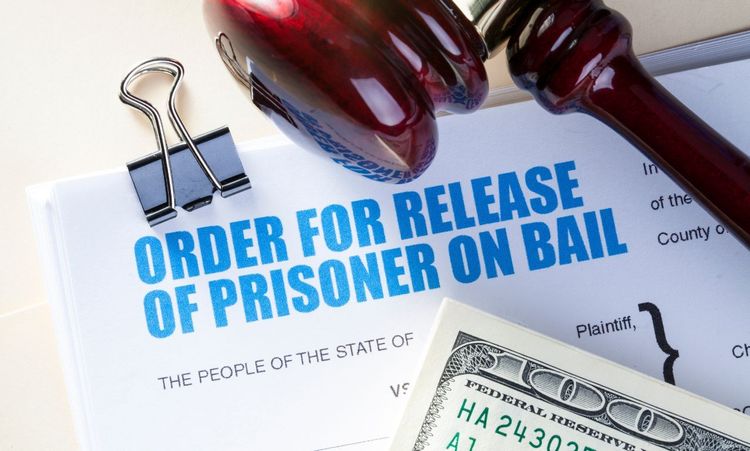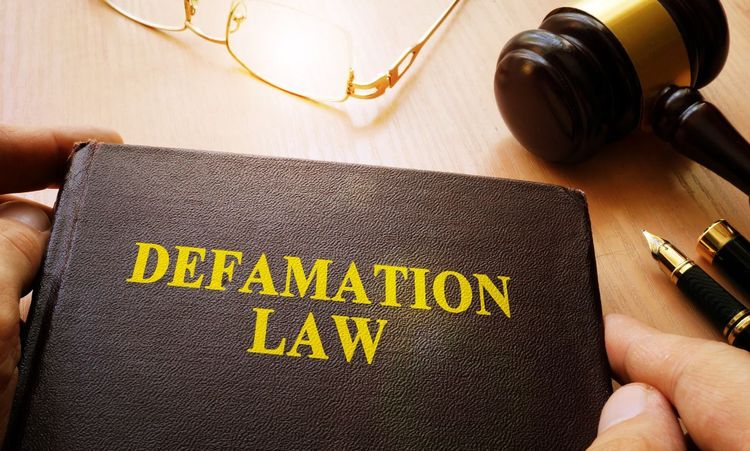When you find yourself or a loved one detained, understanding the nuances of posting bail can be both a lifeline and a labyrinth. The bail system, designed to ensure court appearances, varies greatly across jurisdictions and is influenced by multiple factors. This article will guide you through everything you need to know about posting your own bail, offering insights that go beyond standard explanations.
Understanding the Bail System
What is Bail?
Bail is a financial arrangement that allows an accused individual to be released from custody while awaiting trial. By paying a set amount of money or offering collateral, you can secure temporary freedom, provided you adhere to the court's conditions.
How Does the Bail Process Work?
The bail process begins at the bail hearing, where the judge determines the bail amount based on various factors. Once the amount is set, you can pay it in cash, use personal assets, or seek the assistance of a bail bondsman. If you fail to appear in court, the bail is forfeited.
Bail Laws Vary by State
Each state has its own laws and regulations regarding bail. It's crucial to familiarize yourself with the specific rules in your jurisdiction. For instance, some states may allow for bail via personal recognizance, while others may have stricter requirements.
Factors Affecting Bail Amount
Severity of the Crime
The nature of the alleged offense significantly impacts the bail amount. More severe crimes typically result in higher bail to reflect the increased risk and ensure compliance with court appearances.
Criminal History
A history of previous offenses can lead to higher bail amounts. Repeat offenders are considered higher risks, and the system aims to mitigate the likelihood of reoffending.
Flight Risk
If the court believes there's a significant chance you might flee, the bail amount will be higher. Factors such as international travel history and ties to the community are considered.
Public Safety Concerns
If the accused poses a potential threat to public safety, the judge may set a higher bail or deny it outright. Ensuring community safety is a primary concern in bail determinations.
Role of Bail Bond Services
What Are Bail Bond Services?
Bail bond services act as intermediaries, posting bail on your behalf for a fee. They essentially assure the court of your compliance, allowing you to avoid paying the full bail amount upfront.
How Do Bail Bond Services Work?
To use a bail bond service, you pay a non-refundable fee, usually around 10% of the total bail amount. The bail bondsman then posts the full bail, with the understanding that you'll meet all court obligations.
Fees and Conditions
While the fee is typically 10%, it can vary. Additionally, bail bond services may require collateral—such as property or other valuable assets—as a guarantee. Failing to appear in court can lead to forfeiture of this collateral.
Consequences of Not Showing Up in Court
Warrants and Arrests
Missing a court date results in the issuance of a bench warrant for your arrest. This can lead to further legal complications and additional charges.
Forfeiture of Bail Money
If you posted bail using personal funds, failing to appear means losing that money. For bail bond services, this could result in them claiming your collateral.
Additional Charges and Penalties
Beyond financial losses, skipping court can lead to contempt charges, higher bail amounts for future offenses, and a damaged reputation in the legal system.
Can You Post Your Own Bail?
Personal Funds and Assets
You can post your own bail using personal funds or liquid assets. This requires having enough cash or assets readily available to cover the bail amount set by the court.
Collateral
If you lack sufficient cash, you can use collateral such as property, vehicles, or other valuable items to secure your release.
Conditions and Restrictions
Posting your own bail often comes with conditions set by the court, such as travel restrictions, regular check-ins, and attending all court dates.
Seeking Assistance from a Bail Bondsman
If you cannot afford to post bail independently, a bail bondsman can assist. This involves paying a fee and potentially providing collateral.
Benefits of Using a Bail Bondsman
Using a bail bondsman can be beneficial if you lack immediate funds. They handle the bail process, allowing you to focus on your defense.
Requirements and Fees
Expect to pay a non-refundable fee, typically 10% of the bail amount. Additionally, collateral might be required, and you must comply with the bondsman’s terms.
Collateral and Cosigners
Collateral ensures the bondsman’s investment is protected. Sometimes, a cosigner is needed to guarantee the accused's compliance with court dates.
Considerations and Limitations
While bail bondsmen provide a valuable service, it's essential to understand their limitations. Non-compliance can lead to severe financial consequences and legal issues.
Time Taken for the Bail Process
The bail process duration varies. It can be swift, taking a few hours, or longer, depending on the complexity of the case and the court's schedule.
Bail Bond Revocation
Bail can be revoked if you violate court conditions, resulting in re-arrest and potential forfeiture of collateral or paid amounts.
Court Refusal of Cash Bail
In some cases, the court may refuse cash bail, especially for severe crimes. Understanding the reasons and alternatives is crucial in such scenarios.
Can You Bail Yourself Out in California?
Bailing yourself out in California is a process that requires understanding the state's specific bail laws and procedures. This section will guide you through everything you need to know to post your own bail in California.
Bail Laws in California
California has specific laws regarding bail, including the option for "own recognizance" release in some cases, where no monetary bail is required. The state also has a bail schedule that outlines standard bail amounts for various offenses.
Can I Bail Myself Out of Jail in Texas?
In Texas, the bail process is designed to ensure that accused individuals return for their court dates. This section will provide detailed information on how you can post your own bail in Texas.
Bail Laws in Texas
Texas has specific regulations governing bail, including the option for "personal recognizance" release in some cases. The state also follows a bail schedule for standard offenses.
Can You Bail Yourself Out in Florida?
Florida's bail system allows for the possibility of bailing yourself out of jail. This section will walk you through the process and important considerations.
Bail Laws in Florida
Florida has specific bail regulations, including the option for "own recognizance" release in certain cases. The state also follows a bail schedule for standard offenses.
Can You Bond Yourself Out in Colorado?
Bonding yourself out in Colorado involves understanding the state’s specific bail and bond procedures. This section provides detailed guidance on the process.
Bail Laws in Colorado
Colorado has specific laws and regulations regarding bail, including the possibility of release on "personal recognizance" in some cases. The state also follows a bail schedule for standard offenses.
Conclusion
Navigating the bail system requires a thorough understanding of its intricacies and the factors influencing bail decisions. Whether you choose to post bail independently or utilize a bail bondsman, compliance with court conditions is paramount. This guide aims to provide comprehensive insights, ensuring you're well-prepared to handle the bail process effectively.




